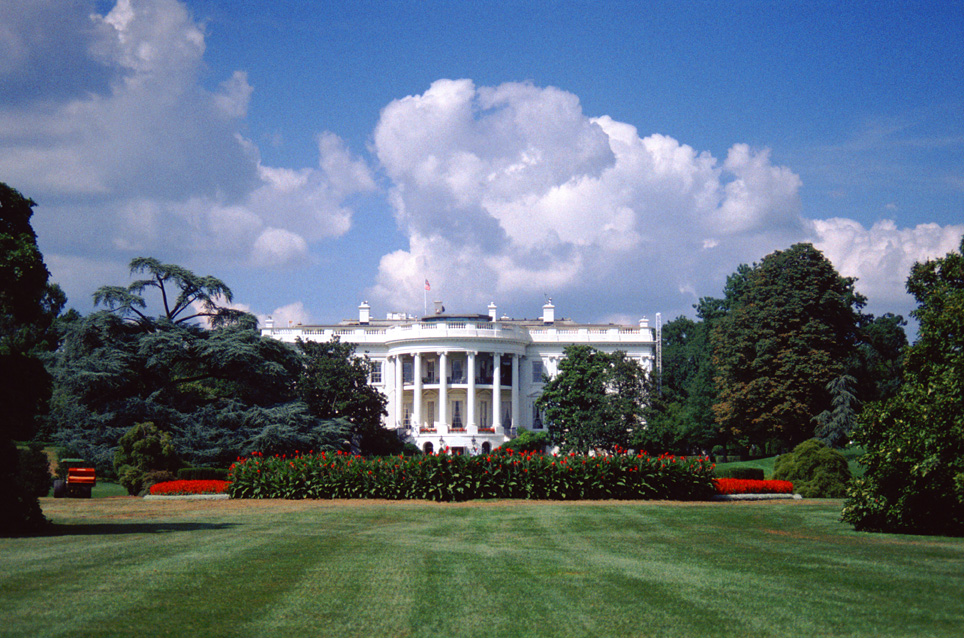
Civil Society Presidential Memorandum
A month ago, President Obama issued a Presidential Memorandum on “deepening U.S. government efforts to collaborate with and strengthen civil society” in other countries. This is an important presidential statement because civil society institutions, from religious organizations and unions to schools, secular charities, advocacy organizations, and hospitals are important actors, in addition to governments, for achieving many of America’s goals overseas, such as encouraging democracy, promoting human rights, fighting terrorism, and fostering economic development.
But the memorandum has a big, and very unfortunate, gap. Although it mentions “faith-based organizations” in its first paragraph as one of the many kinds of civil society organizations, the rest of the memorandum is silent about religion and religious organizations. And this silence is not a minor matter. The document notes that civil society is frail in many countries because those governments do not fully protect essential rights. So what are the rights that must be protected so that civil society organizations can thrive? The memorandum names several rights that are guaranteed in two key international agreements, the Universal Declaration of Human Rights and the International Covenant on Civil and Political Rights. Which of the internationally recognized rights are important to the flourishing of civil society, according to the President? Just these: “the rights to freedom of expression, peaceful assembly, and association.” These are the rights “that enable civil society to participate fully in social, economic, and political life.”
But something vital is missing: religious freedom! Religious freedom is a vital right acknowledged in those international agreements, and it is clearly a vital right for the flourishing of civil society, so much of which is comprised of religious organizations and religiously-inspired voluntary activity. And clearly one reason for the weakness of civil society in so many countries is the refusal of their governments to fully respect the religious freedom of citizens and private organizations.
The Administration, in fact, has done much to engage religious civil society organizations, both domestically and internationally. Yet, by downplaying their vital role and their specific religious rights in this Presidential Memorandum on Civil Society, the President missed an important opportunity to acknowledge and protect their role. And his silence here contributes, even if inadvertently, to relegating them to the sidelines: civil society and its vital freedoms are over here, and faith-based organizations and religious rights are over there, on the sidelines, not part of the main show: secular civil society.
Religious rights are vital human rights, and religious organizations are vital participants in civil society, not to be shunted, deliberately or inadvertently, to the margins.
